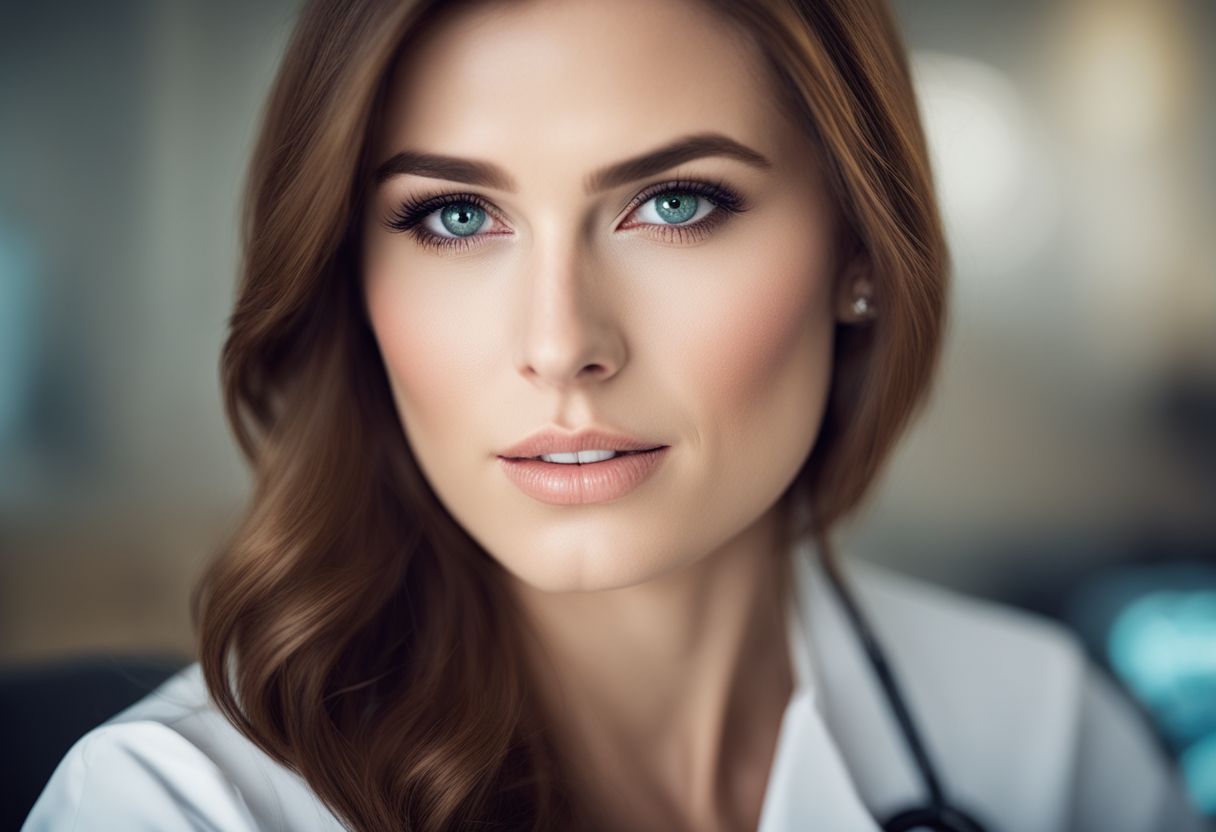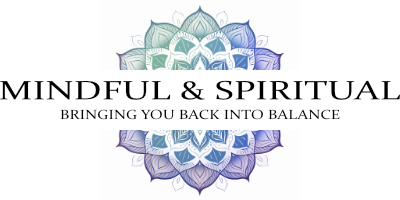Are you worried about the irritating twitch in your upper or lower lip that just won’t stop? You should know, this is quite common and often due to factors as simple as stress or too much caffeine.
In our blog post today, we will dive into all of the possible causes of lip twitching, providing you with everything from common triggers to more serious medical conditions that could be at play.
Stay tuned: by the end of this read, you’ll have a real understanding of why your lips keep doing that funky dance
Like some more spiritual meaning?, click here to read about What Does it mean When you Dream your Teeth are Falling Out Spiritual
Key Takeaways
- Lip twitching can be caused by factors such as stress, caffeine intoxication, nutritional deficiencies, certain medications, trauma, and specific medical conditions.
- Upper lip twitching may indicate emotional stress or anxiety, while lower lip twitching may suggest difficulties in communication or speaking.
- If you experience persistent or bothersome lip twitches along with other concerning symptoms like difficulty speaking or swallowing, facial weakness or paralysis, uncontrolled muscle movements in other parts of the body, vision problems, dizziness or difficulty balancing it is important to seek medical help for proper evaluation and treatment.
Common Causes of Lip Twitching

Lip twitching can be caused by various factors, such as stress and anxiety, caffeine intoxication, nutritional deficiencies, certain medications, and trauma.
Stress and Anxiety
Busy lifestyles and high-demand schedules can often result in stress and anxiety. These psychological conditions trigger the body’s fight-or-flight response, causing muscles to tense up as an automatic response.
This tension can extend to the small muscles of your face, including those around your lips. Not surprisingly, this may lead to annoying lip twitching episodes that could catch you off guard during a presentation or while trying to take that perfect selfie! It’s essential to keep stress levels under control through relaxation techniques such as meditation or deep breathing exercises not only for peace of mind but also for steady lips!
Caffeine Intoxication
Drinking your daily coffee might be what gets you going in the morning, but over consumption can lead to caffeine intoxication. Symptoms include lip twitching, abnormal heartbeats, and increased urination due to excessive levels of caffeine in the body.
This condition becomes more likely when you consume too much caffeine in a short period.
The body interprets this rush of caffeine as stress which triggers involuntary muscle spasms or twitches – like those that occur on the upper or lower lip. Noticeable effects start to set in after consuming more than 400 milligrams per day – equivalent to about four cups of brewed coffee! But don’t worry, cutting back on your favorite caffeinated beverage usually resolves the issue.
However, if symptoms persist despite reducing intake, it’s time for a medical evaluation.
Nutritional Deficiencies
Nutritional deficiencies often hide as the unseen culprits behind several ailments, including lip twitching. A prime example is a deficiency of potassium. This essential nutrient plays a critical role in nerve function and muscle control, enabling our muscles to contract smoothly and rhythmically.
Insufficient levels can disrupt this delicate balance, triggering spasms or twitching in specific muscles such as your lips.
In addition to potassium, other nutritional deficiencies might also lead to lip twitching episodes. For instance, insufficient intake of calcium can trigger hypocalcemia – low calcium levels in the blood – leading to muscle cramps and twitches among other symptoms.
Consuming a balanced diet rich in essential nutrients helps maintain muscle health and wards off unwanted facial tics like lip twitching.
Certain Medications
Certain medications can also be responsible for lip twitching. In particular, drugs like steroids and estrogens have been known to cause this side effect. Additionally, substances such as alcohol and narcotics may also lead to facial twitches and lip twitching.
It’s important to be aware of the potential effects that certain medications can have on the body, including the possibility of lip twitching. If you are experiencing this symptom and are taking any medications, it may be worth discussing with your healthcare provider to see if there could be a connection between the two.
Trauma
Trauma can be a potential cause of lip twitching. Injuries to the face or brain, especially in the area surrounding the lips, can lead to muscle twitches. Whether it’s from a past accident or recent trauma, these injuries may disrupt nerve signals and result in lip twitching.
Past traumatic events are often linked to this condition, so if you’ve had any injuries in that region, they could be contributing factors. It’s important to consider trauma as a possible cause when experiencing lip twitching.
Specific Conditions that May Result in Lip Twitching

Specific conditions that may result in lip twitching include Bell’s Palsy, Hemifacial Spasms, Parkinson’s Disease, Tourette’s Syndrome, and Amyotrophic Lateral Sclerosis (ALS).
Bell’s Palsy
Bell’s Palsy is a specific medical condition that can result in lip twitching. It is a neurological disorder characterized by the sudden weakness or paralysis of one side of the face, including the muscles responsible for lip movement.
This condition occurs when there is inflammation or damage to the facial nerve, which controls facial expressions. Lip twitching can be one of the symptoms experienced by individuals with Bell’s Palsy.
Trauma to the face, such as an injury or infection, can also cause Bell’s Palsy and subsequent lip twitching. If you are experiencing persistent lip twitching along with other symptoms like facial drooping or difficulty closing your eye on one side, it is important to seek medical attention to determine if it could be due to Bell’s Palsy.
Hemifacial Spasms
Hemifacial spasms are muscle spasms that can affect the lips. This rare condition is often associated with specific medical conditions. In some cases, lip twitching can be a symptom of hemifacial spasms.
Botox injections may be used as a treatment option for this condition. Trauma or injury to the brain or facial muscles can also cause lip twitching.
Parkinson’s Disease
Parkinson’s disease is a progressive brain disorder that can cause muscle tremors, including in the lower lips. It is often characterized by other symptoms such as stiffness, slow movement, and difficulty with balance and coordination.
Lower lip twitching may be an early sign of Parkinson’s disease, along with tremors in the hands or legs. If you are experiencing these symptoms, it is important to seek medical attention for a proper diagnosis and treatment options.
Tourette’s Syndrome
Tourette’s Syndrome is a neurological condition that can result in involuntary motor and speech tics, including lip twitching. Lip twitching is one of the symptoms associated with Tourette’s Syndrome.
It occurs when there are sudden, repetitive movements or twitches in the lips that an individual cannot control. Along with lip twitching, people with Tourette’s Syndrome may also experience other motor and speech tics such as blinking, throat clearing, or repeating certain words or phrases.
While the exact cause of Tourette’s Syndrome is unknown, it is believed to be related to abnormalities in the brain chemicals called neurotransmitters. Treatment options for Tourette’s Syndrome include medication and therapy strategies to manage symptoms and improve quality of life.
Amyotrophic Lateral Sclerosis (ALS)
Amyotrophic Lateral Sclerosis (ALS) is a condition that can cause lip twitching. ALS is a neurological disease that affects the nerve cells responsible for controlling voluntary muscle movements.
The exact cause of ALS is unknown, but it results in the gradual degeneration and loss of these motor neurons. Lip twitching can be one of the early symptoms of ALS, along with muscle weakness and difficulty speaking or swallowing.
If you experience persistent lip twitching along with other concerning symptoms, it’s important to seek medical attention for further evaluation and diagnosis.
The Significance of Upper and Lower Lip Twitching

Upper lip twitching can indicate potential emotional stress or anxiety, while lower lip twitching may suggest difficulties in communication or speaking your mind.
Upper Lip Twitching
Upper lip twitching can be a sign of something significant. It is often involuntary and spontaneous, causing the muscle in the upper lip to contract and release rapidly. The intensity and duration of the twitching can vary from person to person.
There are several possible causes for upper lip twitching, ranging from stress and anxiety to medical conditions like Bell’s palsy or Parkinson’s disease. In some cases, excessive caffeine consumption may also contribute to these twitches.
If you’re experiencing persistent upper lip twitching, it’s important to consult with a healthcare professional for further evaluation and guidance.
Lower Lip Twitching
Lower lip twitching can be a result of muscle tension and spasms caused by stress and anxiety. When we are under pressure or feeling anxious, our muscles can involuntarily contract, leading to twitching in the lower lip.
Another common cause of lower lip twitching is excessive caffeine intake. Caffeine stimulates the nervous system, which can trigger muscle spasms in the lips. Nutritional deficiencies, particularly a lack of potassium, can also contribute to lower lip twitching.
It’s important to ensure we have a balanced diet to avoid these deficiencies. Additionally, certain medical conditions like Bell’s palsy, hemifacial spasm, Parkinson’s disease, and trauma can cause twitching in the lower lip as well.
When to Seek Medical Help for Lip Twitching

If you experience any of the following symptoms along with lip twitching, it is recommended to seek medical help:
- Difficulty speaking or swallowing
- Facial weakness or paralysis
- Uncontrolled muscle movements in other parts of the body
- Vision problems
- Dizziness or difficulty balancing
Conclusion
In conclusion, lip twitching can be caused by a variety of factors including stress, caffeine intoxication, nutritional deficiencies, medications, trauma, and specific medical conditions.
It’s important to pay attention to the location of the twitching, as upper lip twitching and lower lip twitching may have different underlying causes. If you experience persistent or bothersome lip twitching, it is recommended to seek medical help for proper evaluation and treatment.
Take care of your lips and keep them happy!
FAQs
What causes upper or lower lip twitching?
Upper or lower lip twitching can be caused by muscle fatigue, stress, caffeine consumption, nutritional deficiencies, or certain neurological conditions.
How long does lip twitching typically last?
Lip twitching usually lasts for a few seconds to several minutes and tends to resolve on its own without treatment.
When should I be concerned about lip twitching?
You should be concerned about lip twitching if it persists for an extended period of time or is accompanied by other symptoms such as weakness, numbness, pain, or difficulty speaking.
What can I do to stop my lip from twitching?
To stop your lip from twitching, try practicing relaxation techniques like deep breathing exercises or getting enough rest. If the twitches persist or are bothersome, consult with a healthcare professional for further evaluation and advice.

